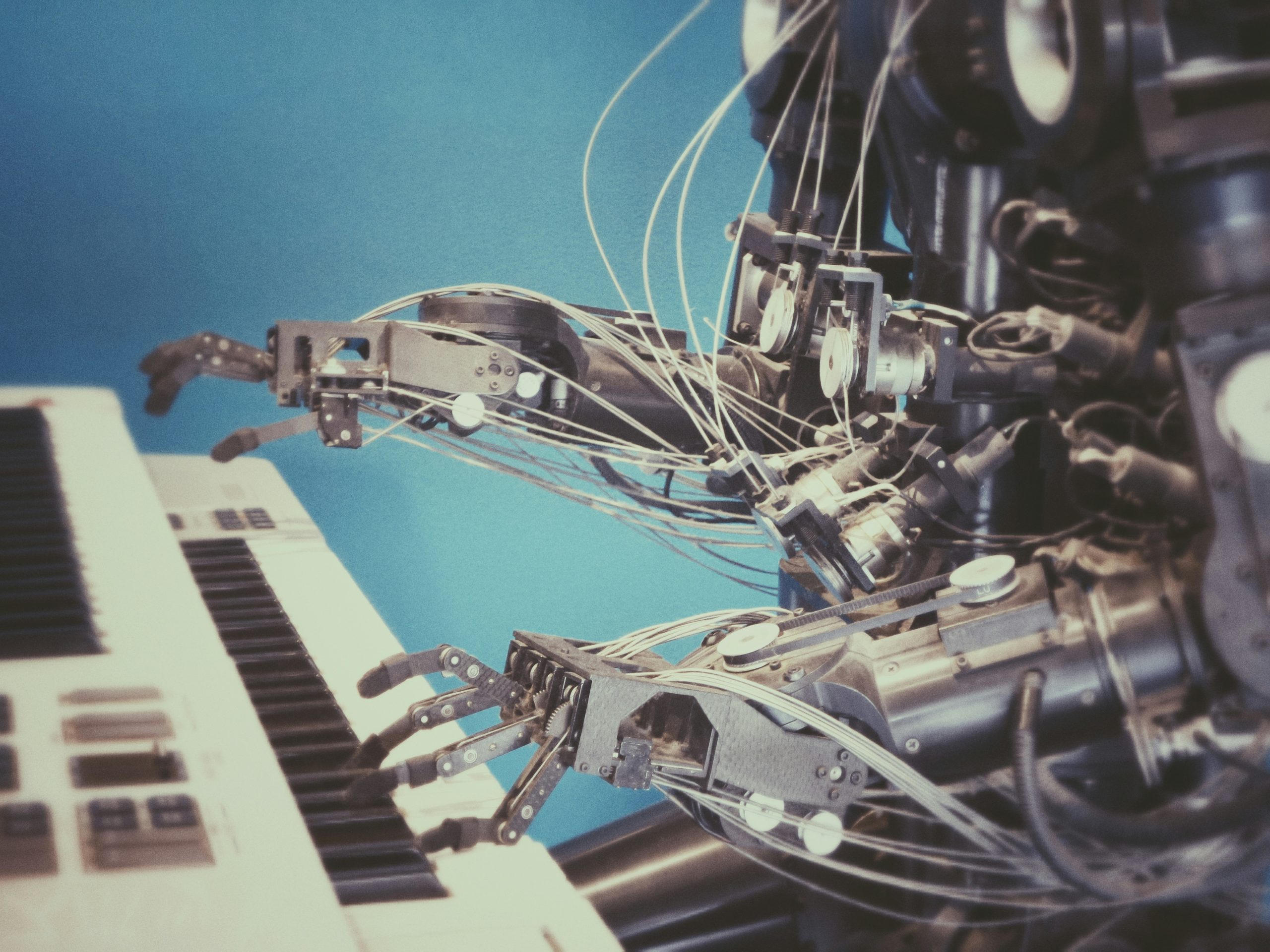
Over the past decade, the world has made massive strides in Artificial Intelligence (AI) technologies. Having moved past rule-based reactive models, we can now train and create experience-based AI models that employ deep learning to explore big data to solve complex tasks. In particular, the public launch of OpenAI’s ChatGPT in 2022 has been a watershed moment — ushering in the new age of Generative AI (GenAI).
As the term implies, generative AI is a subset of AI that can not only analyse data but also generate new data based on inputs (or prompts). While algorithms trained using huge datasets can recognise patterns, GenAI tools take this a step further. They employ unsupervised learning to imitate and generate such patterns across data without explicit labelling. In doing so, GenAI tools can be used to generate outputs across numerous formats including image, video, audio and even code, all based on text inputs. Naturally, such technology has transformed creative spaces. With the many advancements in text-based, audio-based, and image-based GenAI tools, we now see substantial progress being made in the area of creating and editing videos.
On one hand, generative AI can represent a positive transformative effect in the video creation industry. From transcribing videos to automating script-to-video processes, generative AI promises to lower the barrier of entry into the industry. It also allows creators to reduce their time spent on tedious tasks, for instance easing workflows involved in video editing and generating 3D models. It has produced novel forms of storytelling, production, distribution, and consumption. A recent survey by Canva found that generative AI is seen as an ‘enabler of creativity’ by many business leaders, and the UK Government believes that AI systems can help boost the creative industries by £50 billion by 2030.
Nonetheless, generative AI also presents unprecedented challenges, evoking apprehension among existing stakeholders within the ecosystem of video creation. So much of the GenAI infrastructure is built upon publicly available data within the digital commons — data that has been generated through human labour and creativity. Thus, ethical concerns regarding transparency, privacy, consent, bias, and accountability are central to such apprehension. Due to the rapid deployment of GenAI tools invoking potential skill gaps, downstream creators are also plagued with the fear of displacement.
The absence of legal clarity has also posed novel questions, particularly in relation to existing Intellectual Property (IP) laws. While the European Union, through the 2019 Copyright Directive recognises that IP-protected material can be reproduced and extracted for the purpose of text and data mining, this is subject to a qualification. Namely, such reproduction and extraction is only possible if the right holder has not reserved their rights in a machine reasonably, or some other appropriate manner. Copyright laws have limitations and exceptions that make it permissible for protected material to be used without authorization, including the fair use defense in the US and text and data mining (TDM) exceptions, exist in many jurisdictions for research and for computational analysis. However, when and how these laws apply varies. The applicability of copyrights, limitations and exceptions in the context of GenAI is currently unclear. The legal uncertainty extends to whether copyright protected content can be used to train GenAI systems without prior permission from the rights holder and questions around who holds rights in the output produced by said systems. These questions are the focus of ongoing cases in courts in jurisdictions including the US and the UK. The determinations of these courts, as well as proposed legislative action, can potentially have a significant impact on the livelihoods of artists and rights holders.
Although such opportunities and risks have become discernible to the stakeholders involved, there is currently a deficit of considered evidence of the impacts of generative AI in creative spaces, particularly those aligned with video creation. These impacts could range from affecting livelihoods to serving as a tool to increase efficiency and widen access to video creation. In this context, Aapti Institute, with support from Microsoft, is undertaking a new project to assess such impacts with a view to deepening the collective understanding of this brand-new landscape. This study expects to study the impacts of GenAI in aiding creativity, productivity and the opportunity costs associated with the use of GenAI for video creation, including film, TV, animation, visual effects, streaming, and video social media platforms like Meta, YouTube, and TikTok – with a geographical focus on the European Union and the United Kingdom. To generate valuable insights, the project will involve leading voices in academia, research and civil organisations, new and old media platforms, and video creators, within the scope of the European Union and the United Kingdom. The project aims to produce recommendations for various actors in the ecosystem, in order to shape the use of generative AI towards a positive, just, and equitable impact.
Throughout the course of the project, we intend to understand the scale and current economic status of the creative industries under question, the rise of foundation and generative AI systems, and the use of generative AI in creative processes like story generation, content creation, content adaptation, content analysis, and personalisation. If you are someone who uses generative AI technologies to help in video content creation, are working on generative AI technologies or involved in understanding generative AI’s impact on creative industries, and are interested in being involved with the research, please get in touch with us at [email protected]. We would especially love to speak with creatives in the industry to understand their perspectives around the impact of GenAI.


